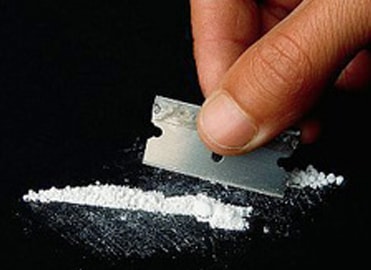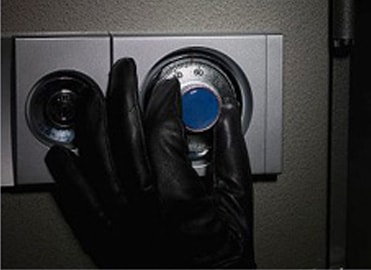In defending a criminal case of Driving under the Influence of Drugs, the Los Angeles DUI attorneys of Gurovich, Berk & Associates will office conduct a two-tier analysis of your case. First and foremost, our DUI defense attorneys must make sure that your constitutional rights were not violated in the course of your arrest. Specifically, we investigate whether the police did not violate your 4th and 5th Amendment rights. If such a violation occurred, the likelihood that your case is dismissed or reduced to a lower offence increases significantly. In conducting the case analysis, our DUI defense lawyers will find out whether the police had a valid constitutional reason to stop and search your vehicle. Also, our DUI defense lawyers will find out whether a Drug Recognition Expert (DRE) examined you to determine if you were under the influence of a controlled substance. It is our job to verify what expertise an officer has in making a determination that a person is under the influence of a controlled substance. We will inquire whether the officer looked for objective physical signs of intoxication such as abnormal pulse rate or abnormal pupil dilation. On many occasions, what seems to be an objective sign of intoxication could be related to a medical condition or sever illness.
The second step in the analysis is to investigate the validity of the scientific evidence. Our Los Angeles DUI attorneys will conduct an investigation into whether the blood sample was accurately measured by the police. Due to improper use or negligent laboratory procedures, the results that the measuring devices the police use can prove unreliable results. All laboratory testing must be pursuant to Title 17 and our Los Angeles DUI Attorneys will evaluate every aspect of the laboratory testing on a particular blood or urine sample.
In dealing with a Los Angeles DUI case whether involving alcohol or controlled substances, you will need an experienced Los Angeles DUI attorney that will test the validity of the field sobriety tests and/or blood/breath tests in your case and work diligently to provide you with the best possible outcome of your Los Angeles DUI case. The Los Angeles DUI defense lawyers at the Gurovich, Berk & Associates are familiar and experienced with the DMV along with all the criminal courts. Our DUI defense attorneys will aggressively defend your interests so that you will receive the best outcome of your Los Angeles DUI case.
Los Angeles DUI Lawyer
Retaining an aggressive, experienced and knowledgeable Los Angeles DUI attorney is the most important decision you can make. A qualified DUI Defense lawyer can educate you as to your options, assist you in making critical life altering decisions, investigate the factors that led to your arrest, skillfully examine law enforcement personnel, and litigate the DUI criminal case. Our firm has the qualified DUI defense attorneys that will be in your corner aggressively defending your rights with the goal of successfully fighting your criminal charges.
If you have been charged with a DUI, please call us to set up an appointment for a FREE CONSULTATION so we can assess your particular case and provide you with the best legal advice on how to proceed. Please allow us to offer you the assistance and support of a criminal defense law firm that has extensive experience with the State court system throughout the Los Angeles, Orange, Ventura, and San Diego Counties as you face this most unfortunate experience. We are solely a Criminal Defense Law Firm. That is all we do and have done since our inception.
EARLY INTERVENTION BY COUNSEL IS KEY TO A PROPER DUI DEFENSE
It is extremely important to have an experienced and knowledgeable criminal defense attorney begin working on your case as early as possible. Critical issues, such as how your particular case will be filed and what charges will be leveled against you, are decided, many a time, very soon after your arrest or during the investigatory period. Early intervention gives our DUI defense attorneys an opportunity to potentially reduce or dismiss either felony or misdemeanor charges against you before the first court date.
Please feel free to call for an initial FREE CONSULTATION in one of our offices, or in the privacy and convenience of your own home, during which we can explore how best to defend and resolve your criminal case. Our 24-hour telephone numbers are (818) 205-1555; (310) 288-0795; (626) 356-0447; and (213) 385-1555.







